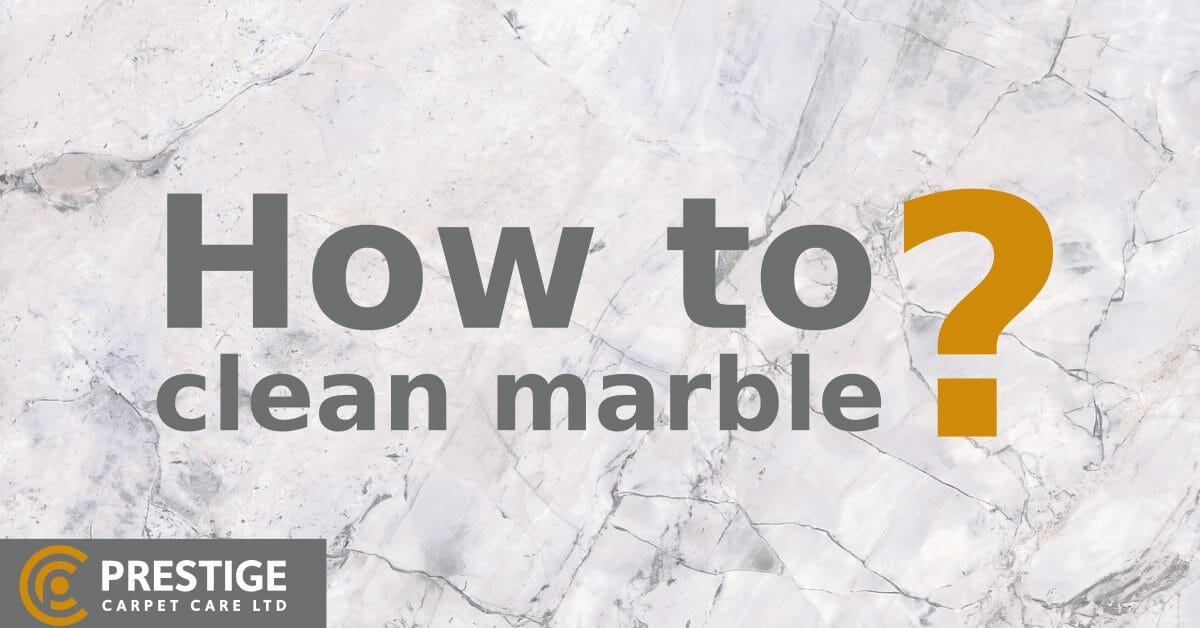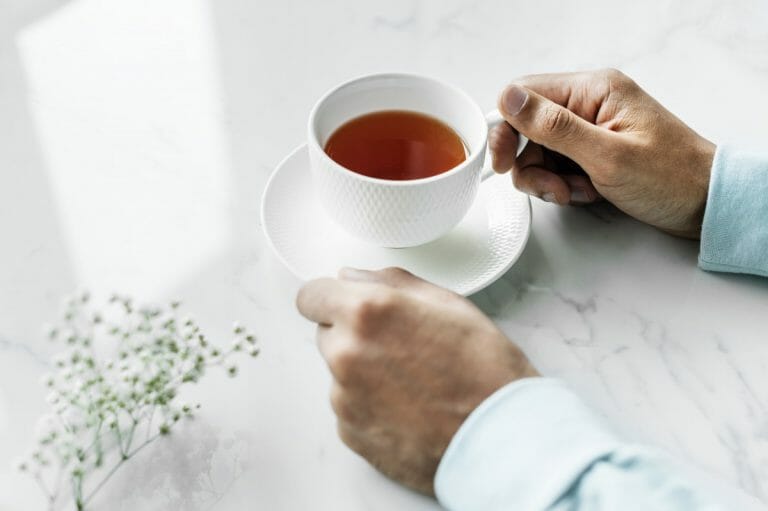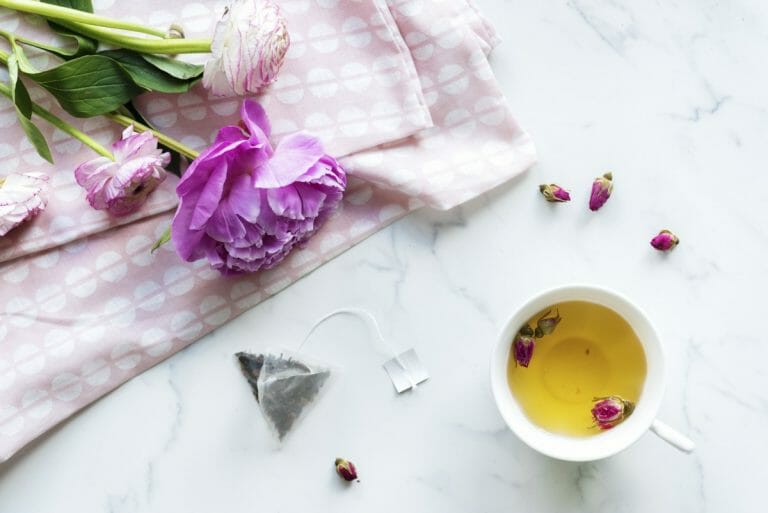
How to Clean Marble
Marble is a lovely stone surface that is used to cover worktops, floors, and other surfaces. Marble surfaces do need some upkeep and damage avoidance to keep it looking its best. This article will teach you how to clean marble and how to protect your surfaces from harm. So keep reading to learn how you can use different cleaning solutions to take care of your marble.
Image by – DokaRyan
Which Products Are Perfectly Safe To Use On Marble?
How to Clean Marble with Baking soda
Sprinkle some baking soda on the marble’s surface. With a delicate, moist cloth, gently massage the baking soda into the marble. Scrubbing is not recommended since it might harm the surface. Wash with water and gently dry with a towel thereafter. You should rinse with water to neutralize the pH and completely dry the solution. That way, it does not come into touch with the marble surface for any longer than required. Baking soda is a mild abrasive that also acts as a natural disinfectant. However, you must use caution when using it on marble surfaces. Soft surfaces can nevertheless be damaged by light abrasives. Wipe away any remnants of baking soda so that it does not come into touch with your marble surfaces.
How to Clean Marble with Washing-up liquid
Mild detergents diluted with warm water, such as washing-up liquid, are suitable to clean marble. Since they are less prone to cause harm to the marble. Avoid strong chemical solutions as well as acidic cleansers for marble. Apply a moist cloth to the scratched area after combining a little amount of mild washing up liquid with some warm water. Rub the affected area, then rinse with a warm water-only towel. Buff the marble with a clean, dry cloth to finish.
How to Clean Marble with Hydrogen peroxide
Pour a tiny quantity of peroxide straight onto a pen or marker ink stain. Allow the peroxide to settle for a few minutes, or until the stain appears to be disappearing. Blot the liquid away with a soft rag, then wipe it away with a moist sponge.
Pour several teaspoons of hydrogen peroxide into a small container to make a paste and poultice for a stubborn discolouration. Add a few drops of ammonia, then a tablespoon or two of baking soda or talc. Add this a bit at a time until the consistency is similar to creamy peanut butter when swirled with a spoon.
Using a spoon, scoop and smooth the paste over the stain. This way, you are creating an equal layer that extends slightly beyond the stain. Cover the entire paste, plus a bit more, with a piece of plastic wrapped and smoothed over the surface. Painter’s tape should be used to secure the edges. After a day, remove the plastic wrap and wash the paste away with a moist sponge. Afterwards, rinse with distilled water and cleanse the area with a moist sponge. Buff it with a soft cloth at the end and repeat if the stain persists.
Image by – rawpixel.com
How to Clean Marble with Corn flour
Wet the affected region, then apply a thick coating of cornstarch to it and leave it for 20-30 minutes. It will be able to sink into the marble as a result of this. Then, using a moist cloth, wipe the area clean and remove any remaining residue. It should have not only removed the discolouration, but also given the marble a thorough cleaning.
How to Clean Marble with Microfiber cloth
Giving your marble surfaces a quick clean on a daily basis couldn’t be easier. On your marble surface, simply use warm water and a clean, moist microfibre cloth. After wiping off your surfaces, dry them immediately with another microfibre towel. This will guarantee no watermarks remain on the marble. A light mixture of washing-up solutions and hot water may also be used on a regular basis to keep your marble gleaming. Simply wipe it off with a moist cloth and then buff dry with an absorbent kitchen towel. This will keep your marble looking new and is excellent for general cleaning.
What Chemicals should you avoid when cleaning marble?
When cleaning marble, avoid using anything acidic or alkaline. These products can cause etching, staining, and discolouration. This includes any homemade remedies, including citrus juice or vinegar, both of which are very acidic. Similarly, avoid using bleach-based cleaning products or solutions.
Marble requires special care, which means that harsh scourers or anything wiry and abrasive might do more harm than good. If you are unsure about an item, always see an expert first to avoid further harm.
Image by – rawpixel.com
How do you remove scratches in marble?
There are a few steps that you need to follow to remove scratches in marble. Begin by combining warm water and mild dish soap. This will be applied to the scratched area. Soak a soft cloth in the water-dish soap solution. Then, wring the fabric out until it is moist but not drenched. With a moist towel, gently massage the scratched area. Rinse the surface of your marble with a separate moist, soft cloth dipped in only warm water. Buff the surface with a gentle, dry cloth. Circular motions should be used during buffing. Finally, polish the marble with marble polishing products.
How do you remove stains from marble?
It is recommended cleaning most organic food stains with a solution. The cleaning solution should be 12 percent hydrogen peroxide and a few drops of ammonia. If you spilled anything oil-based and the stain has set, use a liquid cleanser. This cleanser should contain household detergent, mineral spirits, or acetone.
How often should I clean my marble?
The frequency with which you clean your marble will vary depending on how frequently the region is utilized. Marble should be cleaned with a soft cloth on a regular basis in low-traffic areas to keep the sheen. If the marble is in a high-traffic location, a fast once-over after each usage is advised. If something is spilled, it is best to wipe it up straight away. Especially if it is fruit juice, smoothies, wine, or coffee. Due to the porous nature of marble, if the liquid is left untreated, it may leave a stain. It’s best if you call a professional cleaning service to take care of any stains on your marble surfaces. Marble is delicate, and even the slightest mistake might cause more damage than good. Especially if you are using a DIY solution.





